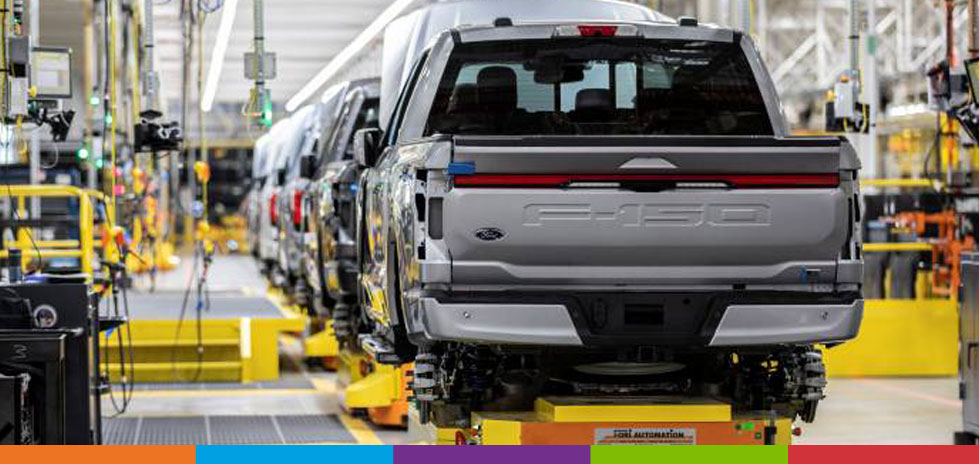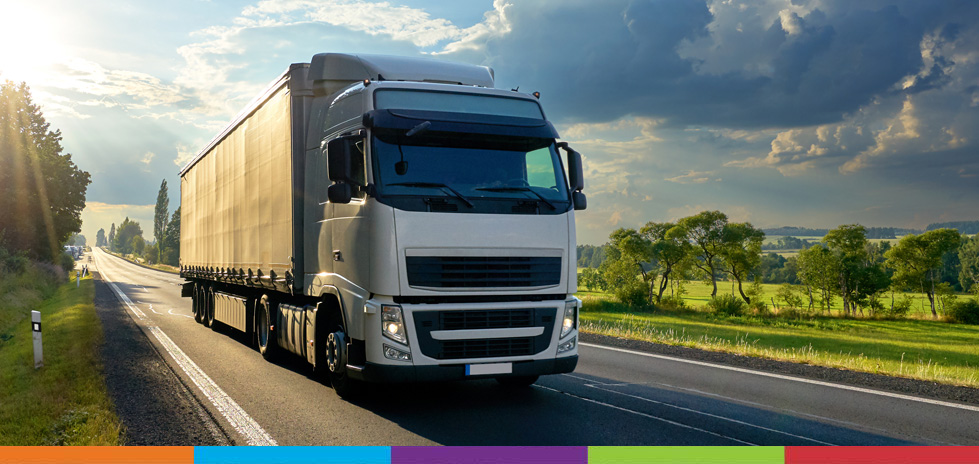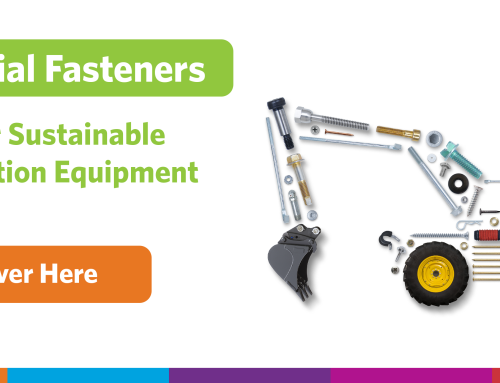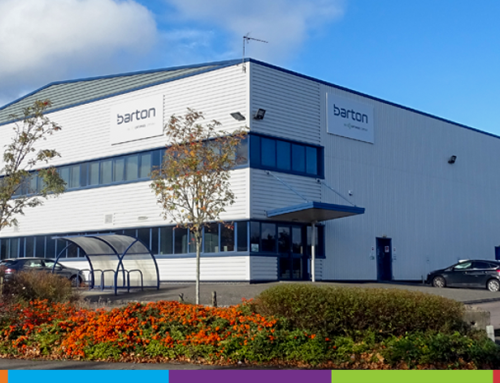
3 Ways Full-Service Distributors Can Support Electric Vehicle Startups
Electric vehicle production is currently at an exciting and opportunity-laden crossroads.
In addition to established brands throwing their proverbial hats into the ring, the landscape is filled with electric vehicle startups trying to carve out their space in the market.
A critical step in gaining that foothold is partnering with a full-service distributor like Optimas to iron out your fastener sourcing process. Full-service distributors provide end-to-end experiences that produce complete products efficiently and economically.
For example, Optimas stakes its name on top-of-the-line fasteners designed, tested, and tailored to a vehicle’s specifications. Costly, time-consuming back-and-forth can become less disruptive, enabling you to get to market on time and ahead of an increasingly crowded market.
Here’s the support a full-service distributor can give your electric vehicle startup:
1. Application and Manufacturing Engineering:
Yes, electric vehicle design is a significant investment of time and money. Manufacturing is also its own kind of focused process, and a full-service distributor is equipped with in-house resources to dislodge any potential production logjams.
Take fasteners, for example. On an electric vehicle, fasteners make up half of the build of materials and only 1% of the cost. This makes them invaluable to the production and performance of any vehicle. But where do companies turn to get the volume they need with the product specifications they require at the price they want? Answer: a full-service distributor.
For electric vehicle startups, the design and testing of just one fastener — let alone many — can take weeks if done internally. A full-service distributor, like Optimas, can help.
2. Specialized Innovation:
Electric automobiles have evolved from concepts to priority investments for established vehicle brands. Startups trying to get into the game are all-in on using “out-of-the-box” manufacturing methods.
Full-service distributors have access to a bevy of innovative production hacks that can speed up young companies’ production timelines. 3D modeling can design and print vehicle parts and joints at an expedited pace and reduced cost.
For example, hot forging prototypes typically require eight to 10 weeks and $8,000 to $10,000 to complete. A partner with application and manufacturing engineering, plus 3D modeling, can produce the same output in just eight to 10 hours, yielding a positive trickle-down effect on manufacturing precision, bottom line, and speed to market.
Known car companies might have their names to lean on, but electric vehicle startups can leverage equipment manufacturing partnerships to build products in a fraction of the time.
3. Quality:
Electric automobiles remain novel to some customers, so startups can ill afford to produce a model that doesn’t meet today’s performance expectations. A full-service fastener distributor will have an ISO-certified quality lab to assist startups in dotting every i and crossing every t related to joint quality.
How? By poring over fastener designs and samples to ensure they arrive as advertised. That’s peace of mind for OEMs, their customers, and their shareholders.
Electric vehicle production hasn’t even begun to apex, and newcomers will need all the help they can get. A full-service fastener partner like Optimas can provide the support you need when you need it.






